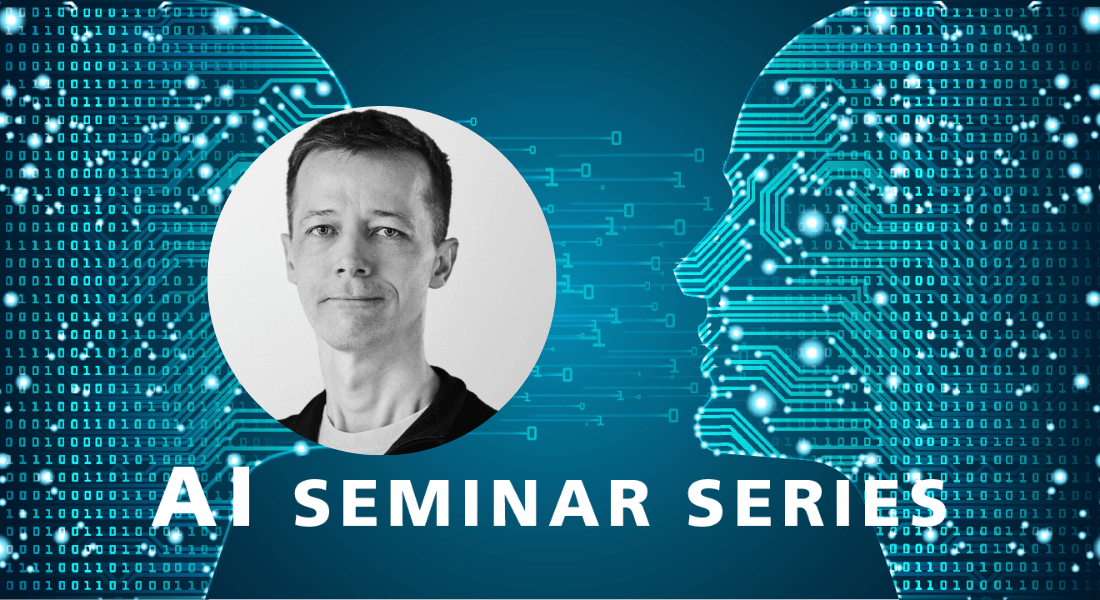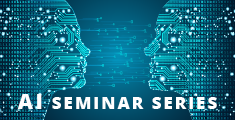AI Seminar: Probabilistic Numerics: Computational Uncertainty in Machine Learning

Join us for a talk by Philipp Hennig, Chair for the Methods of Machine Learning at University of Tübingen. Everybody is welcome to attend.
Title
Probabilistic Numerics: Computational Uncertainty in Machine Learning
Abstract
From the linear algebra that runs kernel machines and second order optimizers in deep learning, to the differential equation solvers that drive diffusion models and train neural operators, increasingly sophisticated numerical algorithms form the algorithmic foundation of modern machine learning. The discretizations and iterations performed by these algorithms cause a computational error that interacts with, and sometimes dominates, the empirical error caused by the finite nature of training data. Probabilistic numerics describes the process of solving numerical problems from finite and imprecise computation in the same probabilistic formalism also used to formalize empirical inference in machine learning. The talk will show through several examples how this holistic description of uncertainty can motivate novel algorithms and functionality, and provide a complementary perspective to pressing computational challenges in AI/ML.
Bio
Philipp Hennig holds the Chair for the Methods of Machine Learning at University of Tübingen. He studied Physics in Heidelberg, Germany and at Imperial College, London, before moving to the University of Cambridge, UK, where he attained a PhD in the group of Sir David JC MacKay with research on machine learning. Since this time, he is interested in connections between computation and inference. With international collaborators, he helped establish the field of probabilistic numerics. In 2022, Cambridge University Press published his textbook on the subject, Probabilistic Numerics — Computation as Machine Learning.
Hennig is a Fellow and Co-Director of the ELLIS Program on Theory, Algorithms and Computations of Modern Learning Systems (with Francis Bach and Lorenzo Rosasco). He is a member of the Steering Committees of the Tübingen AI Center, and the Cluster of Excellence for Machine Learning in Science (more information on the Cluster’s Blog). Since October 2022, he serves as the Dean of Studies for the Department of Computer Science.
This seminar is a part of the AI Seminar Series organised by SCIENCE AI Centre. The series highlights advances and challenges in research within Machine Learning, Data Science, and AI. Like the AI Centre itself, the seminar series has a broad scope, covering both new methodological contributions, ground-breaking applications, and impacts on society.

